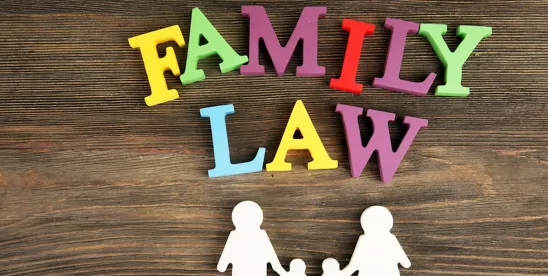Epochs and Change. Facing Our Times, Along with Ourselves.
Are you the same person you were 20 or 30 years ago? Even 10? Are we our same selves in any given era of life? Of course, the answer to each of these questions is “no.”
Times change, and eras or “epochs” of our lives change with them. We can look back on who we were in high school, college, or graduate/law school, and so on, and we were continually changing, hopefully evolving as individuals. Similarly, when we became parents, our needs and selves adapted. For example, being a mom or dad to a toddler was different from raising teenagers. Times and needs change, and these truths are no different in our marriages.
When speaking with my clients, it often seems they once had a “Hollywood” mentality regarding marriage. There are many films featuring couples living happily ever after as if the happy moments we enjoy will be the day-to-day norm and everything will work out perfectly. It is tragic to me that most people going through divorce realize that they have experienced just that: fantasy. They did not sign up for the tough times and were caught unaware of the tremendous amount of commitment, work, and compromise marriage takes over time and eras. As it often turns out, we do not always grow in the same ways, and everyone’s eras are uniquely their own.
Unmet Expectations Amidst Fluctuating Needs
“Until death do us part” is commitment, and that is putting it mildly. Commitment to one’s marriage is absolutely a good thing, and such commitment should be maintained. However, we cannot ignore the reality that forever is an exceptionally long time—literally, our entire lives. Over time, our partners or ourselves may not be as fully invested in the marriage as we were at some point in the past. A lack of commitment can lead to a lack of emotional investment or a withdrawal entirely. Shared marriage goals—where it is and where it is going—can become blurred if one or both spouses have lost that loving feeling. And if it is gone, it becomes vastly difficult to bring it back, if it should come back at all.
Quite plainly, we often begin our marriages with an idea of what such an institution should be like and not often enough to understand what it will actually be like. Whatever our expectations were, are, or ever will be will vary as the months and years progress. Failure to meet those changing needs can create feelings of resentment, loneliness, and despair. If not corrected, these scenarios can lead to the demise of the marriage.
Lead Us Not into Stagnation
Some friends and colleagues I have known do not adhere to the “death do us part” mantra. They have leaned more toward the idea of a 10-year renewal of the marriage contract. The ideals that appealed to us when we married young may not appeal to us in the same way, if at all, in later life. Stagnation, career demands or changes, and grown children—all of these and more may be reasons for the marriage “contract” not to be renewed.
By no means do I advocate for ending any marriage. All the same, for some, marriage is for life, and for others, it is not. We have but one life to live, and we most certainly should make the best choices so as to live the best life we can.
Should the Sun Rise Again
If happiness once existed, it does not have to remain in the past. Some formerly married people never marry again. If that is their path, there is no reason not to take it or shame to be had with it. But as times change and we change, so do others. It is entirely possible, as well as acceptable, that a new knot can be tied. Being mindful of the past is of the utmost importance at this stage, as is being aware of the factors that ended the previous marriage. Growth, having now matured as a person, is knowing what your expectations have become.
This could be a wonderful new era in one’s life. Just know that, as in times past, relationships and marriages are not easy, and one should proceed with eyes wide open. One’s past experiences should not define who we are, though they are better understood when we learn from past choices and use that information to guide how we have grown and will continue to grow.



 />i
/>i
